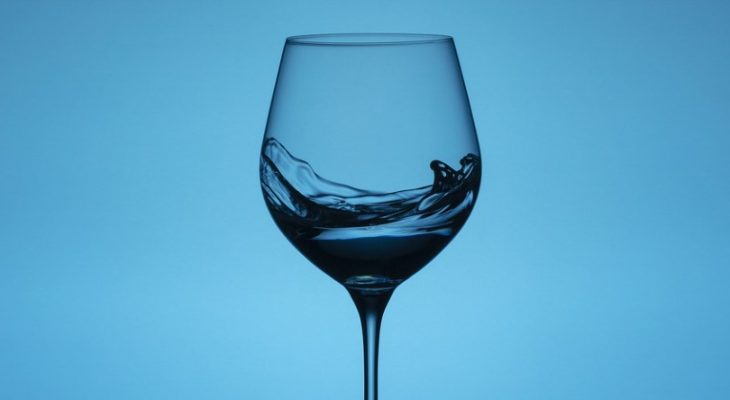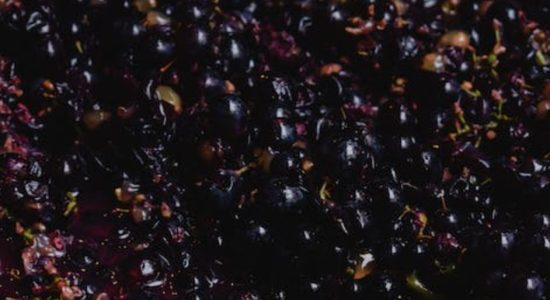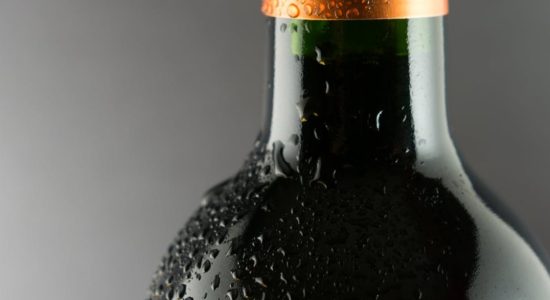Is Old Homemade Wine Safe To Drink? What You Need To Know

Making homemade wine is a great pastime for wine lovers – doing this allows you to make the exact type of wine you want and age it for precisely how long you want. However, homemade wine can get old quickly and expire.
Old homemade wine is safe to drink but can be unpleasant to taste. Homemade wine does not expire in the same way as food does. Instead, it simply loses some of its properties rather than going completely bad. This wine will not kill you and shouldn’t make you any sicker than store-bought wine.
In this article, I will explain why homemade wine is safe to drink but why it’s a possibly bad idea. I will also discuss how the taste of wine changes as it ages and how long you should age it.
Why Old Homemade Wine Is Safe To Drink
Homemade wine, specifically homemade wine made from wine kits, lasts between 12 to 20 months. You can technically still drink it if it’s expired, and there should be no adverse health effects from old homemade wine.
However, the main reason that doing so is not recommended is that, old homemade wine doesn’t taste very good. In fact, it may actually turn into vinegar, depending on how old it is.
The main issue you will come across with old homemade wine is the loss of the properties of the wine itself. These properties include:
- A loss of color in red wine and an increase of color in white wine
- Change in taste
- Change in smell
Wine Does Not Expire the Same Way Food Expires
When food expires, it cannot be consumed due to risk of illness – most commonly, food poisoning. On the other hand, when wine “expires,” you can still drink it. As discussed above, the only real risk is that it won’t taste good and will lose some of its key properties.
Experienced homemade winemakers generally recommend using a wine kit within about a year of purchase. Properties will start to fade after a little over a year.
However, there is no “exact” expiration date for homemade wine and homemade wine kits. The best way to decide whether or not your homemade wine is expired is by your own definition of expired. If you think your homemade wine is bad, don’t drink it.
How To Extend Your Homemade Wine’s Shelf Life
The best way to extend the time it takes for homemade wine to expire is by storing it properly. A good rule of thumb is to store it the same way you do with store-bought wine.
There are a couple of things to keep in mind with how you store your wine, including
- Store the wine in the dark. Light, specifically sunlight, can damage your wine and make it go bad quicker than it should.
- Store the wine in cooler temperatures. Cooler temperatures help keep the wine at a constant temperature, which aids in the aging process as well. The best temperatures to keep your homemade wine are between 55°F and 60°F (12.7°C and 15.5°C).
It is best to store your homemade wine in either your basement or a wine fridge where you can set the temperature.
How To Tell Homemade Wine Has Gone “Bad”
It is not uncommon for homemade wine to go “bad” or expire faster than store-bought wine because there are a number of things that can go wrong in the process of making the wine.
If you are struggling to tell whether or not your homemade wine has gone bad, here are a few symptoms of bad homemade wine:
- The homemade wine has no smell
- Red wine is sweet rather than bitter
- The homemade wine has a brown tinge to it
- The flavor of the homemade wine is chemically strong, akin to vinegar
How Long Should You Age Your Wine?
The length of time you should age your homemade wine depends on the fermentation process and how unique you want your wine to taste. The absolute bare minimum that you must age your homemade wine is two months from fermentation to bottling.
The longer you age your wine, the more rich and unique your wine’s flavor is. As I said in the table above, the ideal aging time for homemade wine is about six months.
Can Wine Be Aged or Too Long?
Wine can be aged for too long. Most wines are aged such that you can open them immediately, which is why it’s essential to keep track of your homemade wine as it ages and ferments is extremely important.
There are a number of things that happen to your homemade wine as it ages that you need to keep an eye on, including:
- Fruit aromas can mix into more complex smells
- The fruity flavor of wine may mix, either into a combination of fruity and savory tastes or just savory
- Acid and tannin, which act as the primary preservatives in the wine, may fade and lose their effectiveness
How Wine Tastes As It Ages
Another HomeBrewAdvice article describes how the taste of homemade wine changes as it ages.
The longer the wine ages, the better the color and taste of the wine. Seasoned winemakers explain that it is very bad to rush the winemaking process and is considered a waste of good wine.
Here is a table explaining the general taste of your homemade wine as it ages after being bottled:
| Wine Age Time | How Wine Tastes |
| 1 month | This is the absolute minimum time you can wait before tasting your wine. Wine fermentation lasts about two weeks, and you should wait for another two to three weeks before bottling your wine. Your wine flavor at one month should not be relatively strong or not a particularly good flavor. |
| 3 months | Your wine is more mature at three months in the bottle, and the flavor distinctions should be more prominent. |
| 6 months | Six months is the average aging time for homemade wine, for both red and white. Your wine’s taste will be terrific, and it doesn’t need to be aged longer. |
| 10+ months | The longer you mature your homemade wine, the more bitter and unique your wine will be. So, if you like bitter wine, age your homemade wine in its bottle for ten or more months. |
Conclusion
Old homemade wine is technically safe to drink, but it likely won’t taste very good. Old wine should not make you sick when you drink it, either. The best way to extend the lifespan of your homemade wine is to store it properly in a dark, cool area.
When making your homemade wine, it is best to age it for six months, from fermentation to bottle. The shortest possible time it takes to make homemade wine is two months.







